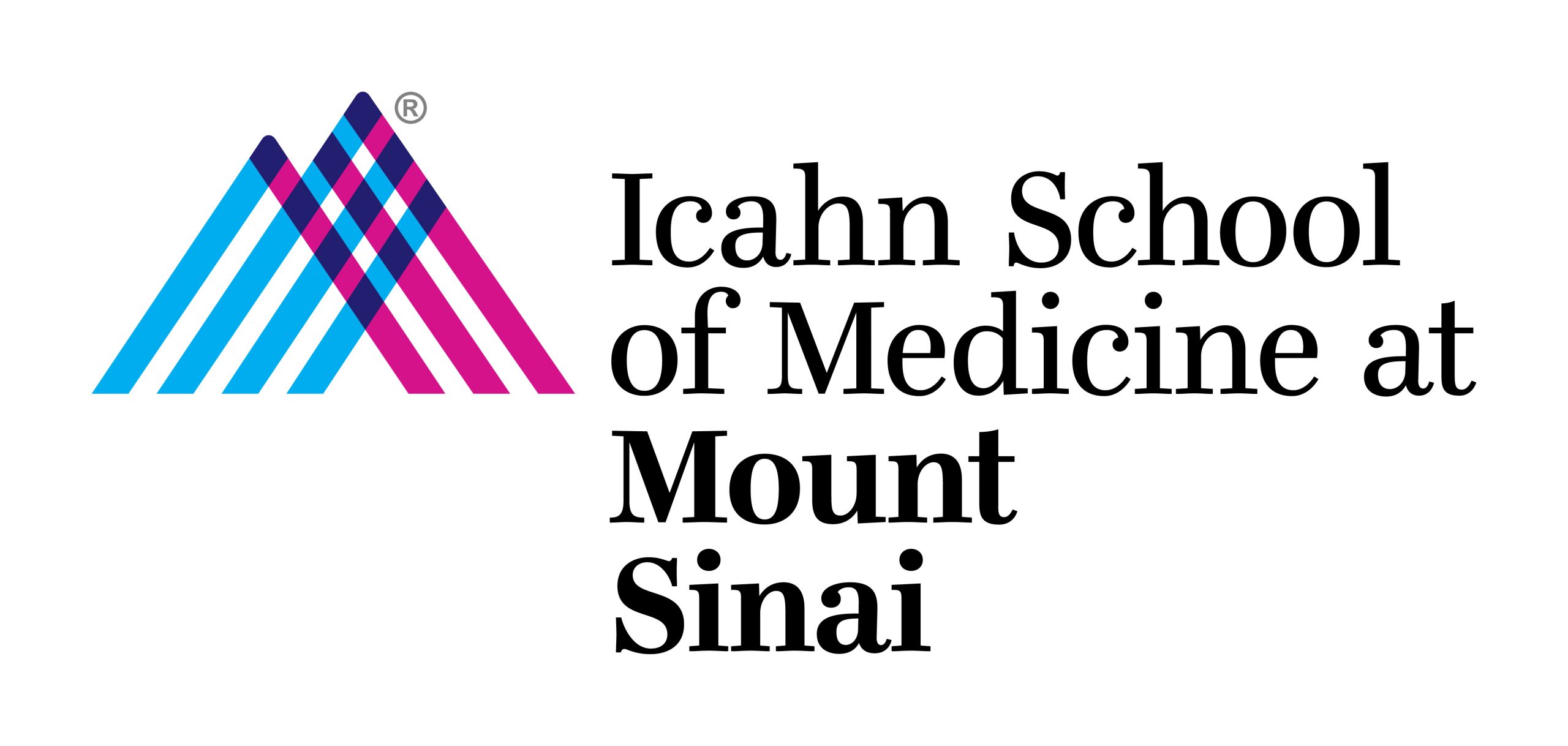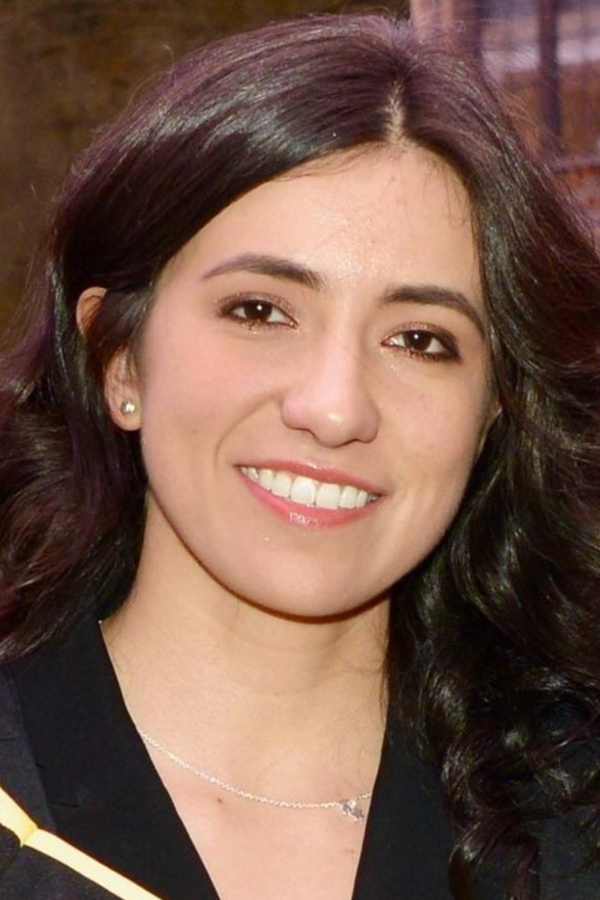Marina Natividad Avila, MSc
Bioinformatician, Researcher
Email: marina.natividadavila@mssm.edu
Marina is a bioinformatician at Dr. Joseph Buxbaum lab. She received her master’s degree in Medical Genetics from the University of Glasgow, a UK leader in genetic diagnoses, and has therefore a strong understanding of genetic disease and diagnosis. She then moved to the US to study bioinformatics at Boston University.
Marina is personally interested in the genetic architecture of admixed populations and subpopulations. She is one of the main analyst in examining the role of genetic and environmental factors contributing to risk of autism across Latinx ancestral backgrounds.
Education:
- MSc in Bioinformatics, 2020-2022, Boston University, USA
- Applied Genetic Analysis, AI in Systems Biology, Biological Database Analyisis, Data Science in R,Programming and Machine Learning in Python, Translational Bioinformatics
- MSc (MedSci) in Medical Genetics and Genomics with Merit, 2018-2019, University of Glasgow, UK
- Emphasis on genetic disease; classification, patterns of inheritance, diagnostic techniques and riskcalculations for the patients and family members
- Bachelor’s in Biophysics, 2014-2018, Autonomous University of San Luis Potosi (UASLP), MEX
- Cell and Molecular Biology, Biochemistry, Neurobiology, Genomics and Proteomics, Population Genetics,Spectroscopy, Nanomedicine, Medical Physics, Thermodynamics and Kinetic Theory, Optics, MechanicalStatistics, Quantum Mechanics
Manuscripts in Preparation:
- Jung S, Caballero M, Kępińska A, Smout S, Natividad Avila M, et al.Genetic Architecture of Postpartum Psychosis:From Common to Rare Genetic Variation
Publications:
- Mahjani B, Birnbaum R, Buxbaum Grice A, Cappi C, Jung S, Natividad Avila M, et al. Phenotypic Impact of Rare Potentially Damaging Copy Number Variation in Obsessive-Compulsive Disorder and Chronic Tic Disorders. Genes ; 13. Epub ahead of print 5 October 2022. DOI: 10.3390/genes13101796
- Natividad Avila M, Transcriptomic analysis of lung cancer response to ERBB inhibition. Research project; The University of Glasgow.
Oral Presentations:
- Natividad Avila M* and Buxbaum J, for the GALA Consortium. Identifying Genes Conferring High Risk for Autism in Latino/Latino Populations: Presentation from the Genomics of Autism in Latinx Ancestries Consortium (2024). International Society for Autism Research Annual Meeting. Melbourne, Australia.
- Natividad Avila M* and Buxbaum J, for the GALA Consortium. Rare Variant Findings from the Genomics of Autism in Latinx Ancestries (GALA) Consortium (2023). World Congress of Psychiatric Genetics. Montreal, Canada.
- Natividad Avila M*, on behalf of the GALA Consortium. Genomics of Autism in Latinx Ancestries (2023). Ancestral Populations In-Person Meeting. NIMH, NIH, Bethesda, MD, USA.
- Natividad Avila M*, Buxbaum J, Betancur C, Cook E, De Rubeis S, Devlin B, Hertz-Picciotto I, Jung S, Kolevzon A, Lattig Matíz MC, Levy T, Mahjani B, Pericak-Vance M, Pichardo T, Passos-Bueno MR, Trelles P, for the Genomics of the GALA Consortium. Genomic Architecture and Genetic Risk for Autism
Spectrum Disorder in Individuals of Latin American Ancestry (2022). American College of Neuropsychopharmacology, Phoenix, AZ, USA.
Poster Presentations:
- Chatzigeorgiou C*, Mahjani B,Natividad Avila M, O’Reilly P, Mullins N, Janecka M. Autism Heterogeneity Related to Early-Life Exposures: Multi-Ancestry Results From the SPARK Sample (2023). World Congress of Psychiatric Genetics. Montreal, Canada.
- Natividad Avila M*, Buxbaum J, Betancur C, Cook E, De Rubeis S, Devlin B, Hertz-Picciotto I, Jung S, Kolevzon A, Lattig Matíz MC, Levy T, Mahjani B, Pericak-Vance M, Pichardo T, Passos-Bueno MR, Trelles P, for the Genomics of Autism in Latin American Ancestries (GALA) Consortium. Genomic Architecture and Genetic Risk for Autism Spectrum Disorder in Individuals of Latin American Ancestry (2023). International Society for Autism Research Annual Meeting. Stockholm, Sweden.
- Natividad Avila M*, Levy T, Mahjani B, de Rubeis S, Buxbaum J on behalf of the GALA Consortium. Genomic Architecture and Genetic Risk for Autism Spectrum Disorder in Individuals of Latin American Ancestry (2022). The Mindich Child Health and Development Institute 10th Annual Retreat, New York, NY, USA.
- Jung S, Cappi C,Natividad Avila M, et al. Ultra-rare and rare variation contribute to the genetic risk architecture of OCD (2022). The Mindich Child Health and Development Institute 10th Annual Retreat, New York, NY, USA.
Research Projects
Genetic risk for autism spectrum disorder in people of Latin ancestry
Autism spectrum disorder (ASD) is characterized by deficits in social communication and restricted interests and/or repetitive behaviors. The etiology of ASD is complex and involves both rare and common genetic variations. Although there have been extensive genetic analyses conducted on ASD, the majority of participants in these studies are of European ancestry, creating a Euro-centric bias that could exacerbate pre-existing disparities in mental health outcomes among various racial and ethnic groups. It is yet unknown whether the genetic architecture of ASD differs across ancestral populations, particularly within Latina/Latino populations (henceforth Latinx), despite the overwhelming genetic diversity. To address this gap, the Genomics of Autism in Latinx Ancestries (GALA) Consortium has been established.
The purpose of GALA is to establish a large prospective cohort to investigate the impact of genetic and environmental factors on ASD across Latinx ancestral backgrounds. Our hope is that GALA will challenge the historical lack of Latinx representation in genomic studies. As the first study, we will analyze rare coding variations in the architecture of ASD using data from GALA and compare them between individuals of European and Latinx ancestry.


